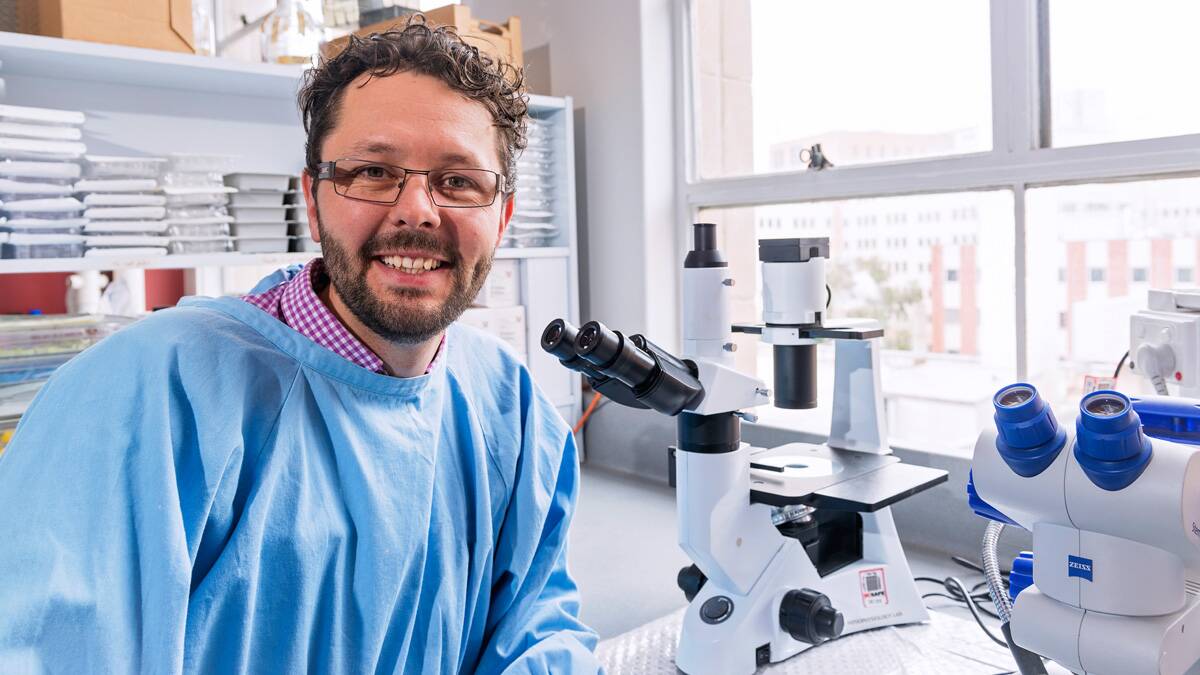
Australia needs to upskill the next generation of scientists to better commercialise research to create new companies and jobs, according to a science peak body.
Science and Technology Australia president Mark Hutchinson will tell the National Press Club today that a federal government investment of $1.6 billion for kickstarter capital could conservatively generate a $17.6 billion return.
Professor Hutchinson told The Canberra Times that Australia punches above its weight for discovery science but researchers struggled to get funding to take their ideas across the "valley of death" to create a product that can be manufactured.
"At the moment we have a lack of funding of opportunities in that middle range of the technology readiness. So that's literally the valley of death," Professor Hutchinson said.
"We've got it all there. It's ready to roll. Wouldn't it be awesome if we could get proof of market, and we simply don't have that capital."
The Australian Research Centre of Excellence in Nanoscale BioPhotonics, led by Professor Hutchinson, turned a $23 million investment into 16 startup companies with a combined value of $519.1 million.
Science and Technology Australia's modelling showed if only half of the new funds pledged for research commercialisation delivered a similar rate of return, the value to the Australian economy would reach $17.6 billion in value.
Professor Hutchinson said part of the success of the centre came from developing the entrepreneurial skills of some of the scientists in his team that allowed them to found their own startup companies.
"We don't see that every single scientist and researcher and needs to become entrepreneurial research commercialisation experts. But what we do see is we need to create the next generation of capable individuals whose skills are as those connectors of commercialisation.
"They're the ones who can see the opportunity in those fundamental discoveries of their colleagues and they know where in industry this might fit. And that's a unique set of skills, but we don't have a critical mass of here in Australia."
He will use the address to call for more investment in science as a lifeline in the face of threats.







